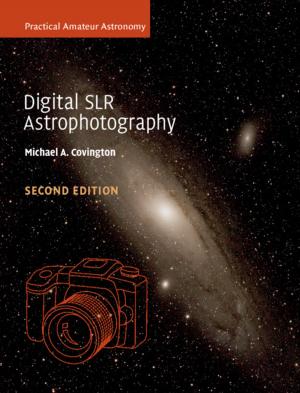Transitional Justice, International Assistance, and Civil Society
Missed Connections
Nonfiction, Reference & Language, Law, International, Social & Cultural Studies, Political Science| Author: | ISBN: | 9781316733189 | |
| Publisher: | Cambridge University Press | Publication: | March 31, 2018 |
| Imprint: | Cambridge University Press | Language: | English |
| Author: | |
| ISBN: | 9781316733189 |
| Publisher: | Cambridge University Press |
| Publication: | March 31, 2018 |
| Imprint: | Cambridge University Press |
| Language: | English |
In recent years, transitional justice has become increasingly international in its scope. Due to ongoing animosities, lack of political will, and the absence of credible governing or judicial institutions, international organizations, donors, and NGOs advocate for transitional justice initiatives like truth commissions or special tribunals - alongside national actors, like civil society and victims groups. This book examines how international assistance affects transitional justice, and where power truly lies in making decisions about justice for victims of massive human rights abuse. The book finds that government donors typically lack strategies for transitional justice, they struggle with information deficits, and they are constrained by short-term approaches that do not give enough attention to what is often a weak and divided civil society sector. All the authors have both practical and scholarly perspectives on transitional justice. Country case studies are provided, including descriptions of the challenges in developing data on transitional justice financing.
In recent years, transitional justice has become increasingly international in its scope. Due to ongoing animosities, lack of political will, and the absence of credible governing or judicial institutions, international organizations, donors, and NGOs advocate for transitional justice initiatives like truth commissions or special tribunals - alongside national actors, like civil society and victims groups. This book examines how international assistance affects transitional justice, and where power truly lies in making decisions about justice for victims of massive human rights abuse. The book finds that government donors typically lack strategies for transitional justice, they struggle with information deficits, and they are constrained by short-term approaches that do not give enough attention to what is often a weak and divided civil society sector. All the authors have both practical and scholarly perspectives on transitional justice. Country case studies are provided, including descriptions of the challenges in developing data on transitional justice financing.















